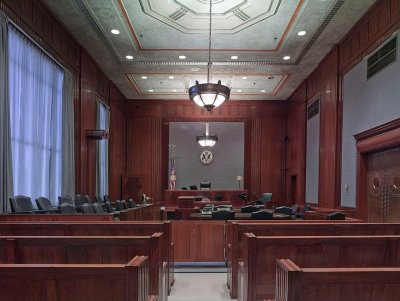The right to a fair trial is a fundamental principle of justice. In the United States, individuals facing criminal or civil charges have the option to choose between two types of trials: a jury trial or a bench trial. These options are available in both state and federal district courts, providing defendants with different approaches to their legal defense.
Jury Trial: The Voice of the People
A jury trial is a legal proceeding where a group of ordinary citizens, known as jurors, is selected to hear the evidence and decide the verdict. The right to a jury trial is enshrined in the Sixth Amendment of the U.S. Constitution for criminal cases, and it is often preferred for cases where emotions, public sentiment, or complex facts might influence the outcome.
1. Jury Selection
The process of selecting jurors involves careful questioning by both the prosecution and defense to ensure a fair and impartial jury. Challenges for cause and peremptory challenges are used to eliminate potential biases.
2. The Trial
During the trial, both parties present their cases, witnesses testify, and evidence is submitted. The jury listens to the arguments, weighs the evidence, and ultimately reaches a unanimous verdict (in criminal cases) or a majority decision (in civil cases).
3. Advantages and Considerations
Diverse Perspectives: Jurors bring diverse life experiences and perspectives to the case.
Community Representation: It reflects the community’s values and judgments.
Potential for Leniency: Jurors might be more lenient than a judge, especially in sympathetic cases.
Bench Trial: The Judge’s Verdict
A bench trial, on the other hand, involves a judge who decides both the facts and the law of the case. In this scenario, there is no jury; the judge evaluates the evidence, applies the law, and renders a verdict.
1. Expertise and Impartiality
Judges are legal experts, trained to remain unbiased and render decisions based solely on the law and evidence presented. They are not influenced by emotions or public opinions.
2. Efficiency and Speed
Bench trials often proceed more quickly than jury trials as there are no lengthy jury selection processes or deliberations. This can be advantageous in cases where time is a critical factor.
3. Advantages and Considerations
Legal Expertise: Judges have a deep understanding of legal nuances and can make decisions based on intricate legal arguments.
Efficiency: Bench trials are generally more time-efficient.
No Jury Bias: Eliminates the risk of potential bias from jurors’ emotions or sympathies.
Can you be forced or coerced to having a bench trial?
No. In the United States, the right to a jury trial is a constitutional right guaranteed by the Sixth and Seventh Amendments for criminal and civil cases, respectively. However, defendants can sometimes be persuaded or choose to have a bench trial instead of a jury trial. This decision is typically made in consultation with legal counsel and might be influenced by various factors, including the complexity of the case, the nature of the charges, or legal strategy.
While a defendant can usually waive their right to a jury trial and opt for a bench trial voluntarily, they generally cannot be forced or coerced into having a bench trial against their will. Forcing or coercing a defendant to choose a bench trial would violate their constitutional rights to due process and a fair trial.
It is important to note that laws and regulations might vary in different jurisdictions, so it’s essential to consult with a qualified attorney who is well-versed in the specific laws of the relevant jurisdiction if you have concerns about your rights in a legal proceeding.


